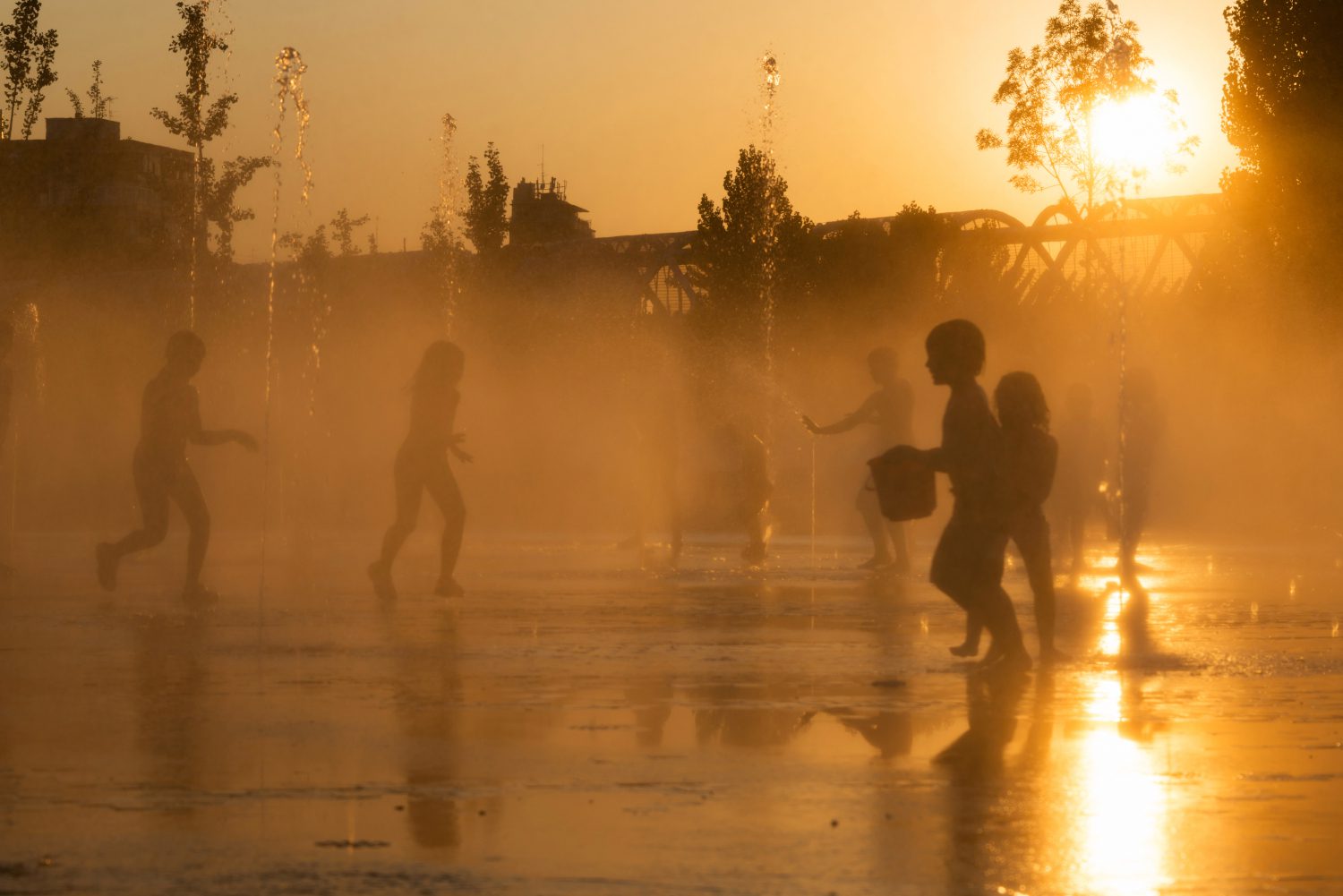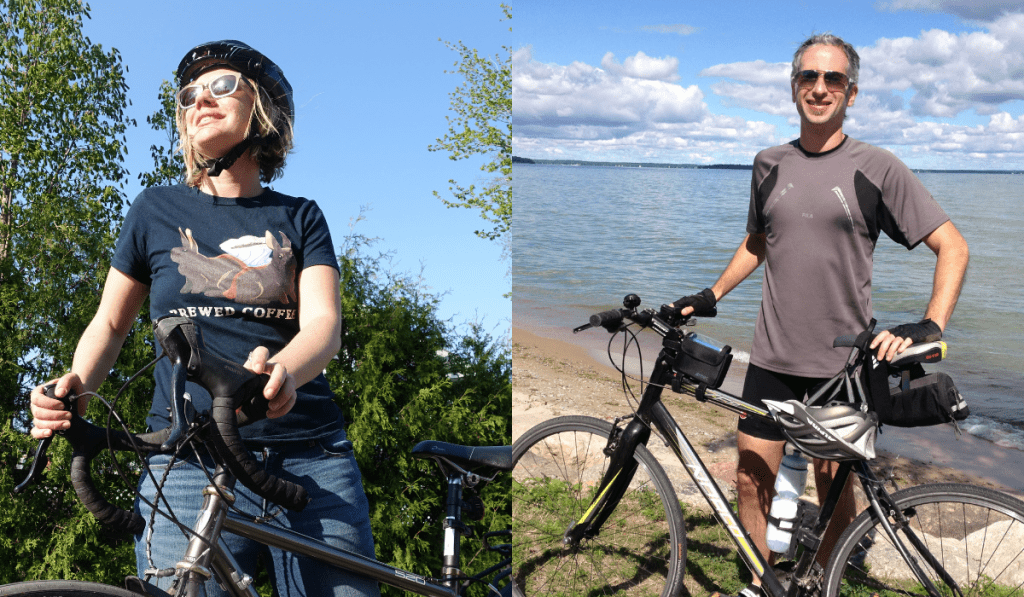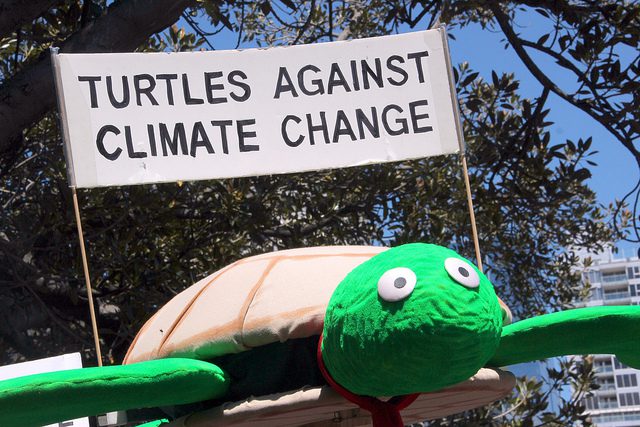For our first column, we’re answering two of the most frequently asked questions we receive.
Dear Environmental Defenders,
I know that climate change is bad for the planet, but I hear it can be bad for my health. Is that true?
Yes, it’s true. Climate change is bad for the planet and for your health. Here are some ways that climate change impacts the health of Canadians:
- Heat waves. As the planet continues to warm due to climate change, Canada is experiencing more and longer heat waves, which means more people experience heat-related illness. The elderly and people with chronic illness, especially those without air conditioning at home, are most vulnerable. Unfortunately, people are also dying from heat waves. 93 deaths in Quebec last July were attributed to a heat wave.
- Tick-borne diseases. As the average temperature gets warmer, more ticks are calling Canada home, and more people are experiencing tick-borne illnesses, such as Lyme Disease. Ticks are most commonly found in in wooded areas and areas with tall grasses, bushes and shrubs. The best way to protect you and your family from ticks is to wear long-sleeved shirts tucked into pants, and long plants tucked into socks when spending time in areas with ticks.
- Stress from extreme weather. Climate change is leading to more extreme weather events, such as forest fires and flooding which cause enormous stress for those who experience them. And more Canadians are experience eco-anxiety and ecological grief about changing landscapes, according to a report on the impact of climate change on mental health
And here’s something that both causes climate change and is bad for our health
- Pollution from vehicles. Pollution from gas and diesel cars, trucks, buses and motorcycles is the second largest source of greenhouse gas emissions in Canada (after oil and gas production.) In addition to contributing to climate change, vehicles also emit ground-level ozone, fine particulate matter, carbon monoxide and nitrogen dioxide which lead to premature deaths. Those who live near highways and busy roads are most impacted. Making it possible for more people to walk, cycle or take public transit, as well as replacing gas vehicles with electric vehicles will both help fight climate change and improve people’s health.
The more that governments – federal, provincial and municipal – can do to fight climate change and reduce greenhouse gas emissions, the better it will be for the planet and the health of Canadians.
___________________________________________________________________________________
Dear Environmental Defenders,
What can I do about climate change?
With so much to do and a looming deadline to take action, tackling climate change can seem overwhelming. The key is to recognize that this is not an individual problem, although each of us does have a role to play. We have a great list of ways that individuals can reduce your emissions, that includes stories of inspiring Canadians who are leading the way in their personal lives or with their businesses.
But while we should all reduce our emissions as much as we can, individual reduction is not going to be enough – we know that the biggest emissions sectors are beyond the ability of us to individually control. Oil and gas and transportation together make up nearly 50% of Canada’s emissions, followed by buildings.
So here are some things you can do to encourage action from governments, industry and others like you.
Write (and call, and meet with) your elected representatives: Politicians need to hear from us that reducing greenhouse gas emissions is a priority for their constituents. And they need to hear it over, and over, and over again, on issues both big -like ending fossil fuel subsidies- and small – like local greenspace projects.
Divest: If you have any kind of savings, like an RRSP, that are invested in the stock market, ask for the fossil-free options. If your bank or credit union doesn’t have one, ask how you can make the suggestion. And consider directing your investments or retirement accounts to places that do, as well as in green bonds and other bonds that support green energy and infrastructure. Now that I finally have a saving account, this is something I working on myself.
Keep informed: Go beyond the headlines and read blogs by Environmental Defence and other environment organizations as well as the deeper dives that many online journalists are writing.
Then talk about what you’ve learned: We no longer debate climate deniers, and I suggest you don’t either – you’re not going to change anyone’s mind. But we need champions for taking bolder climate action to help inspires others.
Get local: All across Canada, there are organizations and community groups who are working on all kinds of climate solutions – from growing community gardens to visiting MPs. Working with other people will help you stay inspired and motivated, and reduces burn-out. (And it’s usually more fun, too!)
Also: Hold space for kindness. Climate change is, frankly, scary as are the massive changes needed to truly deal with the problem. Oil patch workers are justifiably worried about what happens next . The goal here is that EVERYONE comes out of this with the ability to live a healthy and fulfilling life.
Now that we’ve launched this Q&A column here’s some information about how we’re approaching it.
We don’t have all the answers, but we’re here to help you find out. Email us at deardefenders@enviornmentaldefence.ca







